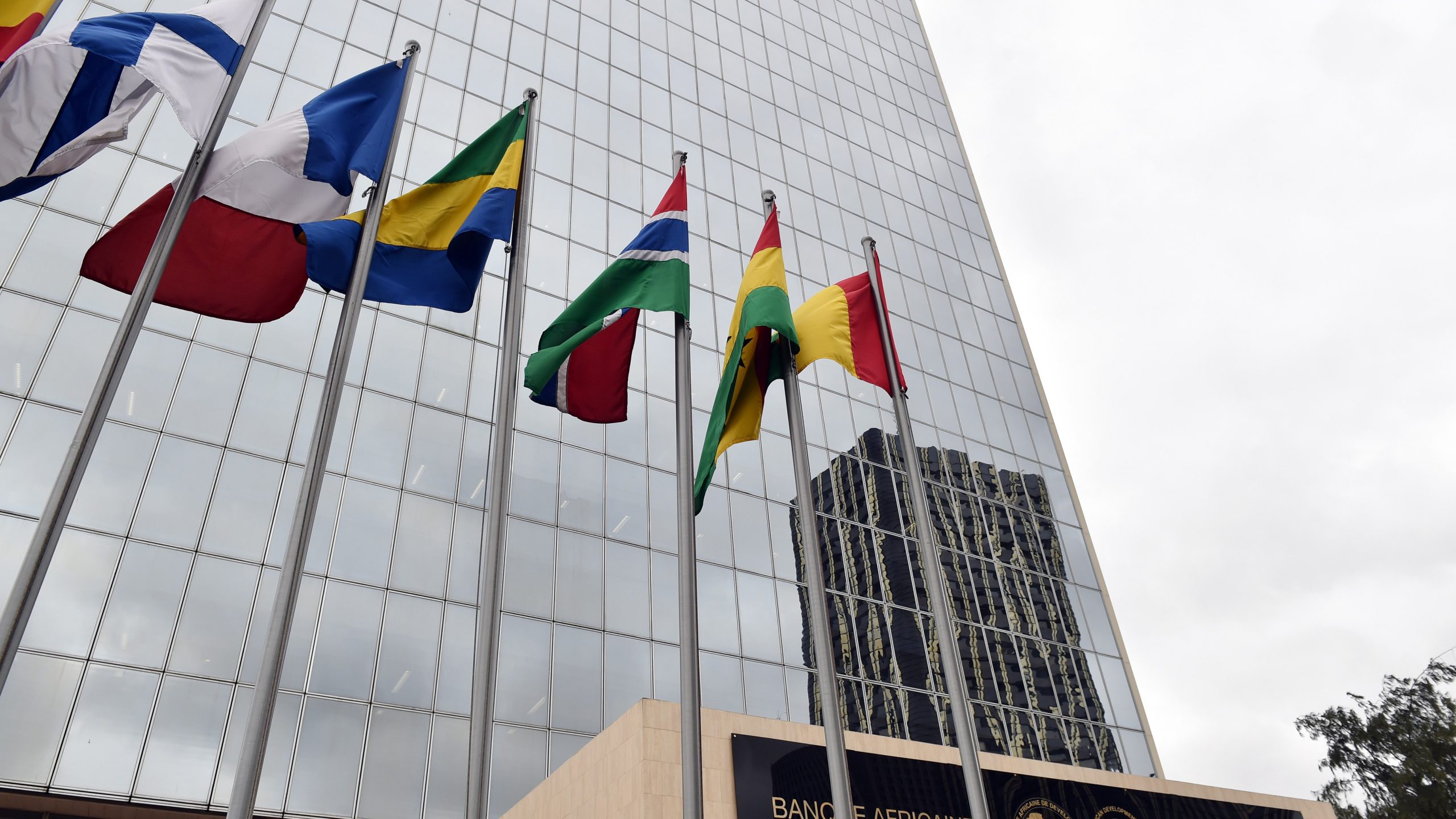The African Development Fund’s Board of Directors has approved a $2 million technical assistance grant to fund research that will support energy reforms in Nigeria and other West African States.
This disclosed in a recently released circular titled “ECOWAS: African Development Fund approves $2 million technical grant to boost electricity reforms”
The ultimate objective is to stimulate cross-border electricity trade and improve energy access in the 15 countries in the region.
Solomon Sarpong, project team leader at the African Development Bank stated that “Ultimately, this project will facilitate regional electricity trade and help improve access to electricity.”
He added, “It will address major causes of fragility, such as infrastructure bottlenecks, youth unemployment, environmental challenges, gender inequalities, and regional development imbalances”.
READ ALSO: AfDB appoints new acting V.P, Technology, Corporate Services
ECOWAS consists of 15 countries, including Benin, Burkina Faso, Cabo Verde, Côte d’Ivoire, Gambia, Ghana, Guinea, Guinea-Bissau, Liberia, Mali, Niger, Nigeria, Senegal, Sierra Leone, and Togo. Covering about 6.1 million km2, ECOWAS has an estimated population of 360 million people.
There are five parts to the project. In the first, the authorities will choose important performance indicators and principles for electricity regulation from the African Development Bank’s flagship study, the Electricity Regulatory Index for Africa.
The second part will entail doing research to update a comparison of electricity rates and their underlying factors throughout the ECOWAS electricity value chain.
The third step entails creating a centralized database management system that will act as a platform for electronically gathering pertinent energy information from member nations, archiving it, and then making it available on a shared digital platform.
The fourth component will assess and identify project bottlenecks and risks in ECOWAS member countries and recommend a coherent approach to progressively address ground-level barriers to investment in the power sector.
The final component focuses on program management and capacity building, which will be co-financed with the Regional Electricity Regulatory Authority. All components of the project will include gender-disaggregated data.
The Federal Competition and Consumer Protection Commission (FCCPC) in Nigeria, has provided a guide to electricity consumers on how to track their bills even with the estimated usage by the electricity distribution companies.
READ ALSO: AfDB to help Nigeria return to electronic wallet system in agric – Adesina
Nigeria’s electricity generation peaked at 3,629.5MW on Sunday, 26th June 2022, representing a 2.6% decline compared to a peak of 3,725.1MW recorded in the previous day. This is according to information from the Transmission Company of Nigeria (TCN).
Total generated power increased by 4.8% to 83,688.26MWh from 79,872.55MWh generated in the previous day, while supplied energy also increased by 5.1% to 82,654.31MWh from 78,680.37MWh sent out on Saturday.
Nigeria’s energy generation and supply has fallen further below the minimum 105,000MWh required to record some level of stability in power supply in the country. Nigerians continue to grapple with epileptic power supply as a result of disruptions at the national grid and the inability to operate at full capacity.

 Health1 week ago
Health1 week ago
 Crime1 week ago
Crime1 week ago
 Latest7 days ago
Latest7 days ago
 Health6 days ago
Health6 days ago
 Football6 days ago
Football6 days ago
 News1 week ago
News1 week ago
 Latest1 week ago
Latest1 week ago
 News1 week ago
News1 week ago

